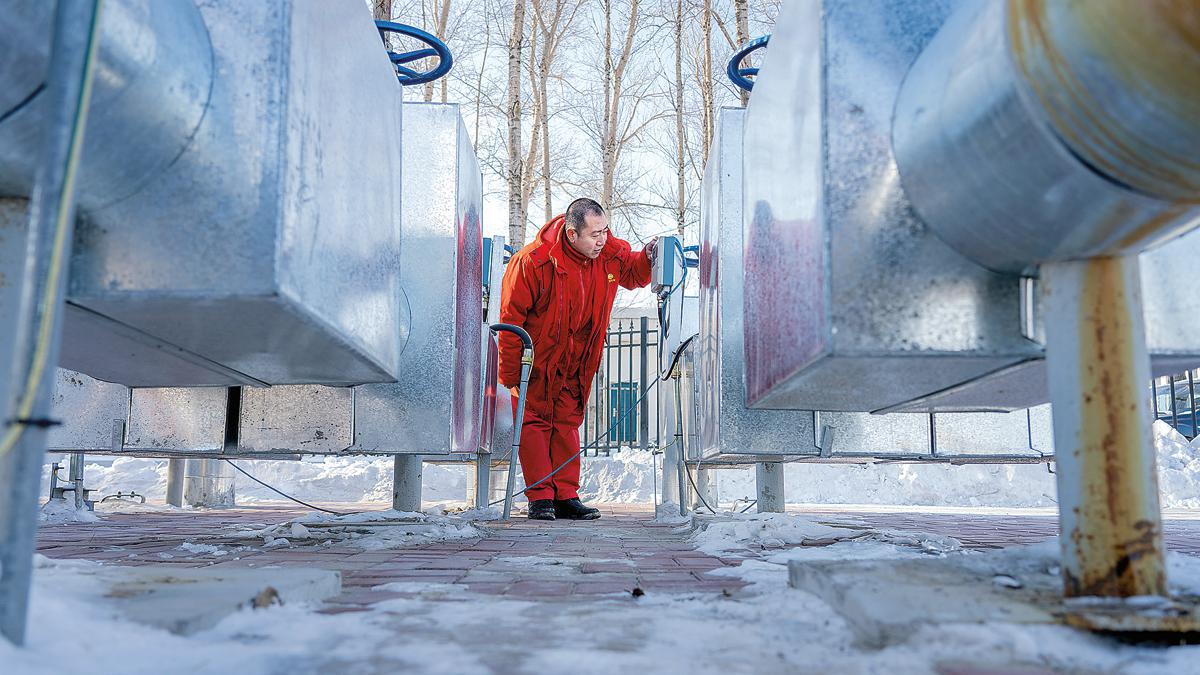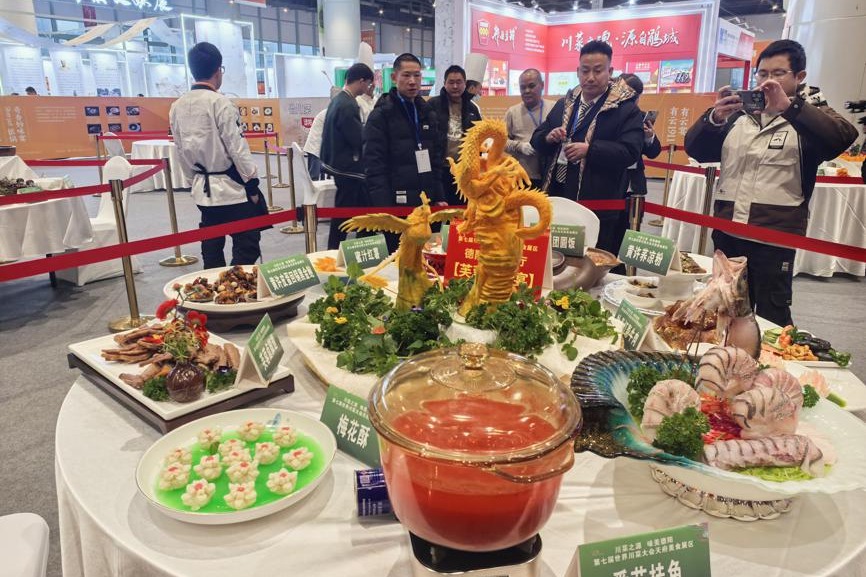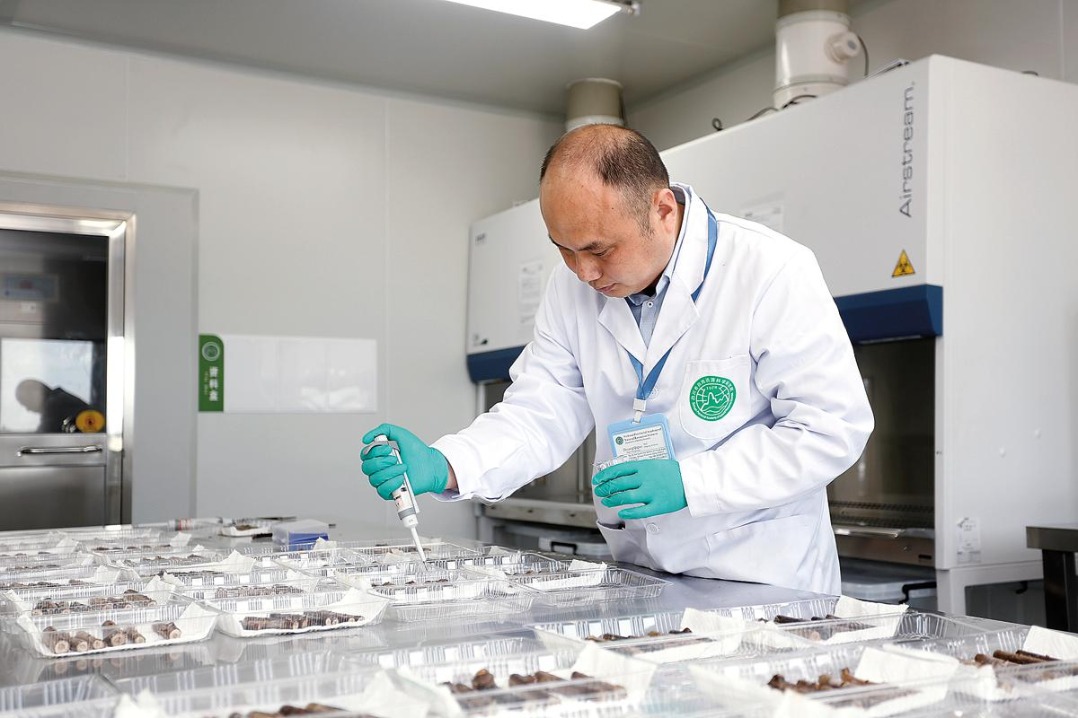Geothermal heating warms households in Jilin province


CHANGCHUN — Geothermal heating is helping to keep the cold winter air out of 700 households in Datun township, Northeast China's Jilin province, thanks to an expansion of the clean energy source.
Since November, more than 1.1 million people in 11 provincial-level regions including Tianjin, Shaanxi, Jilin and Shanxi have benefited from geothermal heating projects implemented by Sinopec Group.
The country's largest oil refiner, Sinopec has begun operating over 1,000 heat exchange stations to supply heating to buildings covering more than 110 million square meters.
After several rounds of snowfall, the daytime temperature in Jilin has dropped to — 15 C. Nonetheless, children can play barefoot on warm tiled floors in homes in Datun township courtesy of geothermal heating, with indoor temperatures reaching 24 C.
Wang Lirong, a 70-year-old woman living in the township, tends to a potted plant in her home that is thriving despite the freezing conditions outside.
"This bougainvillea is a good indicator of the room environment, as it cannot flower if the indoor temperature is not warm enough," she said while pointing to it blooming near a window.
Geothermal projects drill underground to access subterranean heat, which is then brought to the surface.
Geothermal heating in Datun township replaces about 3,000 metric tons of coal consumption, which has been the annual source of winter heating. This energy substitution has reduced carbon emissions by more than 7,000 tons per year, said Dong Hailin, the township chief.
He added that geothermal heating is also much cheaper than coal. Even with the heating period extended by roughly a month, geothermal heating is still expected to save around 1 million yuan ($138,000) for the township, compared to its previous annual heating bill of 2.6 million yuan.
Geothermal is a stable and low-carbon form of renewable energy with large reserves and widespread distribution in China. In Datun, for example, geothermal water used for heating is sourced from 1,300 to 2,000 meters underground. It is pumped to a heat exchange before being carried by pipelines to each household, said Zhang Yong, a local geological engineer.
He added that the geothermal project retrieves the water after its use for heat energy, thereby conserving underground water resources.
Xinhua
- Geothermal heating warms households in Jilin province
- Collaborative kiwi lab yields fruitful results
- Macao SAR at 25: Balancing challenges and opportunities
- World conference on Sichuan cuisine draws overflow crowds to Deyang
- Macao bridges China, Portuguese-speaking countries
- Families face realities of dealing with old age depression





































